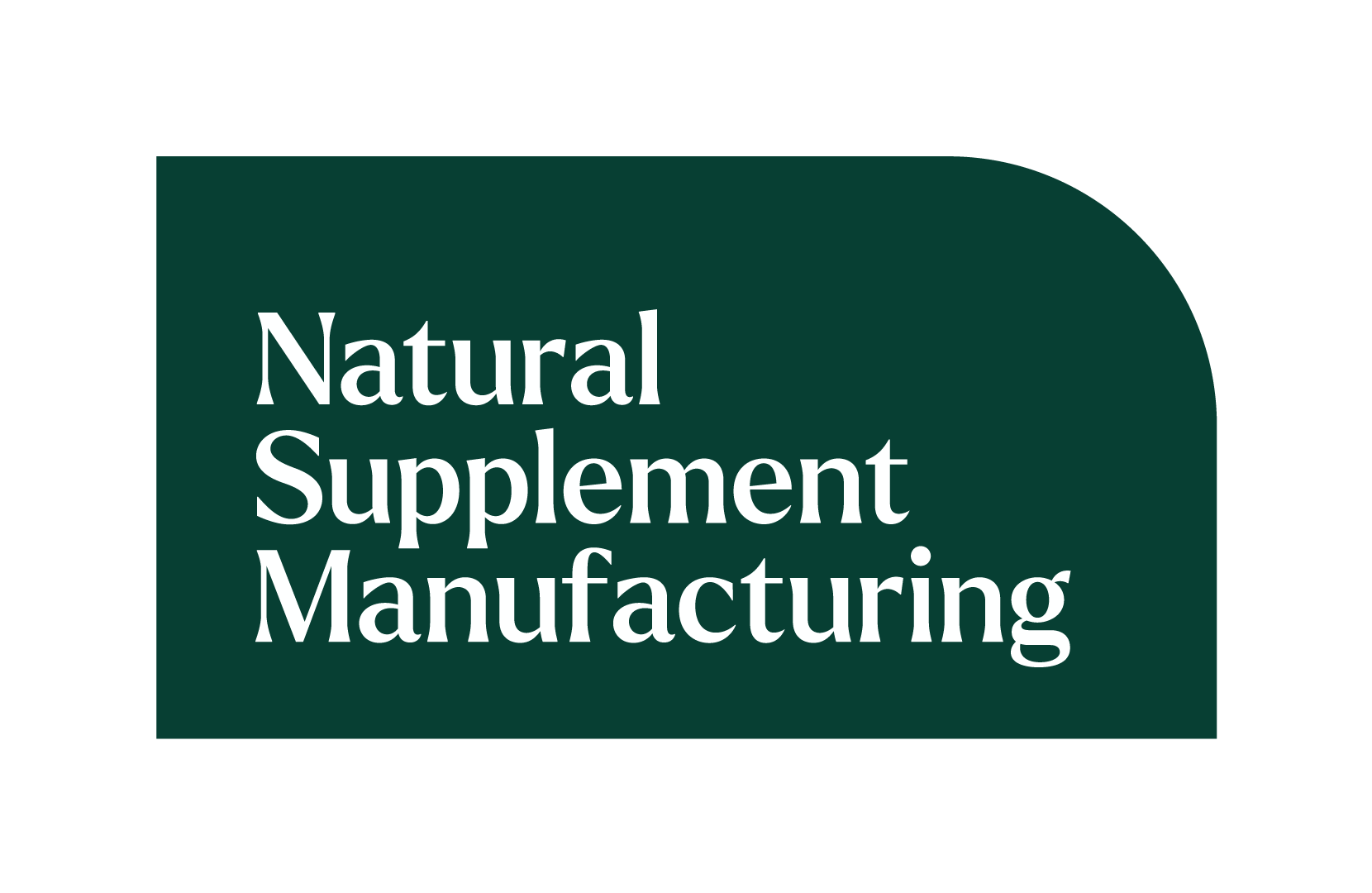3 Reasons to Offer Vegan Capsules to Your Customers

The global wellness market is estimated to be worth $1.5 trillion, with an expected growth rate of 5 to 10% — a figure that shows consumers are rapidly becoming more health-conscious in their shopping habits. Considering this trend, it’s no surprise the dietary supplements market is expected to hit $128.64 billion by 2028. If you’re currently offering supplements or thinking about adding them to your product line, it’s clear you’ve picked a hot market.
However, as demand for wellness products rises, competition in the supplement industry increases, too. The result can be a saturated market to the detriment of consumers and brands alike, as research tells us that consumers are actually less likely to make purchases when overwhelmed by choices.
One of the latest trends in nutrition and wellness reflects an increase in plant-based dietary supplements and products. Here are three reasons why enterprising brands looking to set themselves apart should consider offering vegan capsules.
1. Meet the Needs of the Growing Plant-Based Market
Many wellness brands use bovine or gelatin–based capsules for their supplement products. However in doing so, they may be inadvertently excluding themselves from a substantial portion of the consumer market. Vegans and vegetarians, for instance, take great care to ensure the products they consume are free of animal byproducts and are unlikely to buy any supplements or softgels made with gelatin. A 2018 Gallup poll reported that 5% of the US population identifies as vegetarians, with another 3% identifying as vegans. And with the U.S. population clocking in at 331.4 million people, this amounts to over 26 million individuals. Other countries across the globe have vegan and vegetarian communities ranging from 3 to 9%.
In the wake of COVID-19, the vegan supplement market is poised to reach $13.59 billion globally by 2028, showing the vegan community is becoming increasingly health-conscious and interested in boosting their wellness naturally.
But consumption of vegan products isn’t necessarily limited to people who label themselves as vegan. Interest in vegan foods appears to be trending in general — for instance, in 2021 Google searches for the term “vegan food near me” experienced an increase of more than 5,000%. And according to research by Nielsen, nearly 40 percent of Americans are making an effort to eat more plant-based foods.
2. Be Inclusive of Kosher Consumers and Other Religious Populations
The consumption of gelatin products isn’t just a concern for vegan and vegetarian populations but for some religious consumers as well. Muslims avoid purchasing supplements made with gelatin, as Islamic halal practices forbid the consumption of pork-based products. Among Jewish populations, kosher standards prohibit the consumption of animals that chew their cud and have split hooves, which leaves pig-based food products such as gelatin capsules off the table.
Muslims make up nearly 3% of the population in certain states. Meanwhile the Jewish population is also considerable: the Pew Research Center states that 2.4% of all US adults, or 5.8 million people, identify as Jewish. Using vegan softgels allows wellness brands to access these potentially more loyal consumer bases, giving them the competitive edge over brands that offer only animal-based capsules.
3. Take Advantage of Other Vegan Capsule Benefits
Bovine (cow-based) and pig-based gelatin capsules have come to be known as the standard in the pharmaceutical and wellness industries. This is owing to the fact that gelatin capsules are typically cheaper to produce and manufacture. However, plant-based capsules and softgels offer a few key advantages in supplement manufacturing. Consider, for example, some of the following advantages that vegan cellulose-based capsules offer over gelatin ones:
Improved Shelf Stability
Vegan capsules are typically more shelf stable than their animal-based counterparts due to the latter’s higher moisture content. Gelatin capsules are also more sensitive to extremes of humidity.
Additionally, gelatin capsules are susceptible to cross-linking, a chemical reaction between polymer chains that link them together, changing the behavior of the compound. This phenomenon can be induced by high humidity, temperatures, or UV light, leading to reduced solubility. Vegan capsules, on the other hand, aren’t at risk for this issue.
Higher Tolerance Towards Fill Composition
Gelatin capsules may not be suitable for certain fill compositions such as oils and gels with aldehyde groups. Supplement manufacturers don’t have to worry about these restrictions with plant-based capsules, which are suitable for a variety of fill materials.
Set Yourself Apart From the Competition with Vegan Capsules
The health and wellness supplement market is growing by leaps and bounds. Offering vegan capsules, which pose several advantages over animal-based capsules in terms of addressable market, product stability, and safety, is a great way for brands to attract and win the loyalty of a more consumer segments, such as vegetarians, vegans, plant-based consumers, and select religious groups, which often find themselves excluded by traditional supplement product companies.
Interested in going vegan with your supplement brand? At Natural Supplement Manufacturing, our plant-based softgels are made with purified water, cassava root extract, and vegetable glycerin. We’re committed to creating only the safest, purest, 100% vegan cannabinoid products manufactured in our state-of-the-art cGMP-certified and ISO-certified facilities. To learn more about our white label, private label, or custom CBD, CBG, CBN, and CBC vegan softgels, contact our team today.
